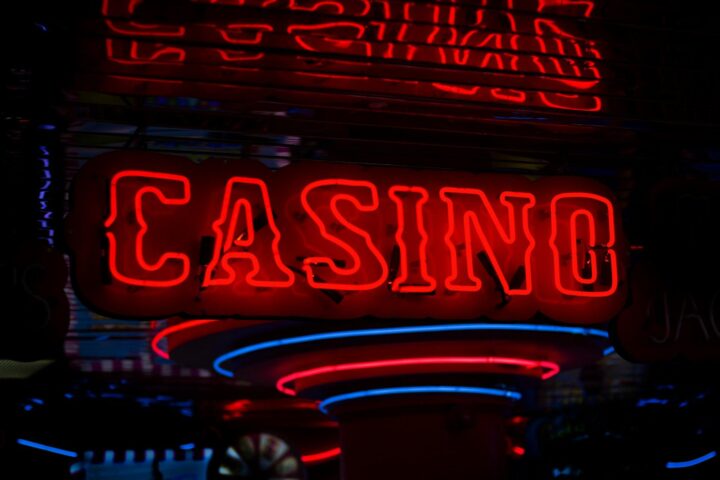The Autorité Nationale des Jeux (ANJ), France’s official gambling regulator, recently announced a rise in gaming turnover for the first half of 2023. With casino operations omitted, 2023 numbers show a 4% increase in total H1 gambling turnover, amounting to €5.3 billion. This increase reflects France’s resilient and expanding gaming sector, even amidst evolving regulations and market challenges.
The Turnover In Numbers
According to the ANJ, gaming turnover in France increased between January and June compared to the previous year’s period. The increase is based on data from all gambling operators in France. Still, it was primarily realized by Pari Mutuel Urbain and La Française des Jeux, the country’s largest gambling enterprises. They account for 78% of total market revenue in H1, or €4.2 billion. Other licensed operators account for the remaining 22%. La Française des Jeux, in particular, saw the most significant increase. It increased by 3% in the first half, reaching €3.3 billion. The 4% increase equates to an increase in total wagering expenditure between last year and the first half of 2023.
According to the ANJ, the growth was mostly seen in sports betting, which accounted for around 64% of overall gaming income in the first half. It grew to €750 million, a 10% rise over the previous year. Following that was online poker, which climbed by 16% to €251 million. Horse racing climbed by 5%, reaching a high of €177 million.
The Reasons For The Upsurge
Experts attribute the growth to a few obvious variables, the most important of which is the FIFA World Cup in 2022. Its massive series of events led a large number of people to sign up for online gambling services. It also resulted in acquiring new players across many poker online platforms, particularly around the end of 2022 and the start of 2023. By the end of the first half of 2023, there were approximately 3.86 million online accounts, 3% more than those in the same period last year.
Interestingly, the growth in monthly gaming turnover did not correlate directly with an increase in new player registrations. The activity increase among online players aligned more with major sports events, such as the UEFA Champions League and Rugby World Cup. The ANJ notes that while the online gambling sector thrives overall, sports betting outperforms other categories, particularly lotteries. However, certain segments, like drawing games, experienced a slight decline, down by 1% from the previous year, due to a lack of substantial jackpots.
Despite these variances, the overall health of France’s gambling industry remains robust. The sector emphasizes diversifying its offerings and expanding its operational scale, a strategy that seems to be paying off in terms of sustained growth and market resilience.
France’s Advocacy for Responsible Gambling
Since its formation in 2019 under Article 137 of the Pacte Act, the ANJ has overseen gaming regulation. It is the autonomous authority in charge of protecting gambling aficionados in France from self-destruction as well as any harm inflicted by other parties. Recently, the gambling regulator has implemented rigorous standards and regulations, some of which would have been expected to stifle the expansion of the gambling business. Nonetheless, as the numbers from the first half suggest, the rules may work as intended rather than speculated.
Remarkably, the French gaming scene is experiencing growth at a time when authorities have tightened regulatory constraints. However, with sound regulations and operational powers, it is on track down the correct path. Other industry participants agree with the regulatory activities and are willing to take on the challenge. A notable instance of this commitment was at the Casino Barrière de la Rochelle, where a forum on responsible gambling was held. This event reflected the French casino’s commitment to responsible gaming practices. By the end of the discussion, there was a list of drastic precautions to safeguard gamblers from becoming addicted to the games available on the grounds.
The responsible gambling measures are a barometer for ASJ’s efforts to protect players. For example, casino staff now have the mandate and the infrastructure to monitor customers and offer resource material to ensure they do not endanger themselves when gambling.
Conclusion
The French gaming sector is expanding exponentially, based on the recently released ASJ figures. Growth will likely be stronger for the rest of the year and the remainder of the decade. The French gambling industry model offers important lessons for other regulated gaming landscapes on achieving sustained success in the gambling industry, especially in the face of strict regulations. It will be interesting to see how the industry develops over the next few years.
















